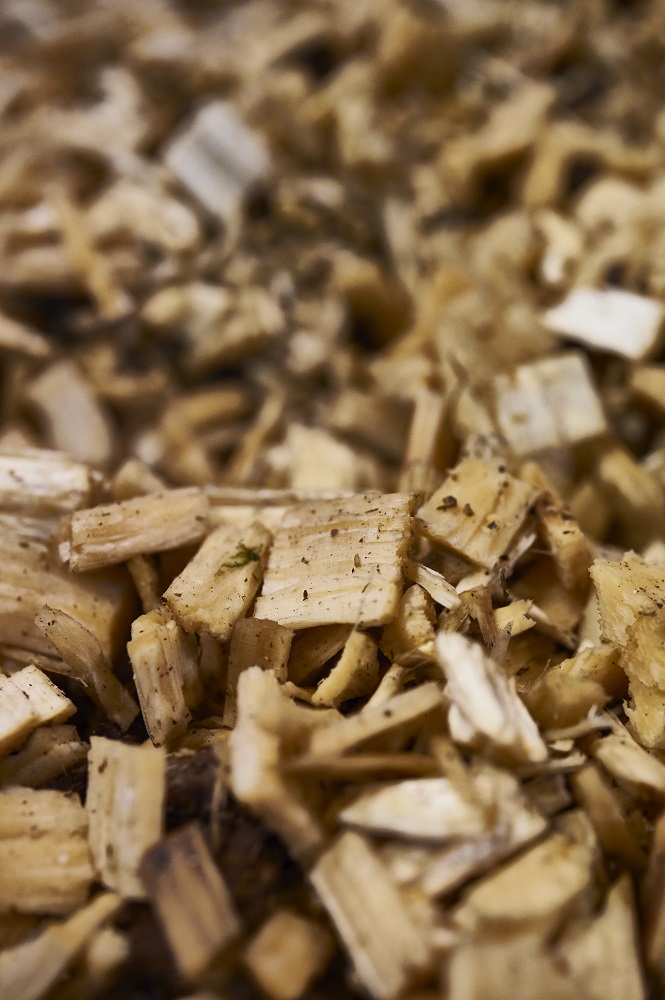The Ulster Farmers’ Union says farmers affected by the dramatic cuts to RHI tariffs are growing increasingly angry by the continuing hardened approach of the Department for Economy (DfE).
The comments were made as a judicial review into the lawfulness of DfE’s measures, which led to the 2019 legislation that dramatically cut RHI tariffs was again postponed.
UFU deputy president, Victor Chestnutt said, “Earlier this year the DfE said it would publish details of a proposed Hardship Unit in September. That deadline has now passed and as we enter October there is no sign of any movement by DfE. Meanwhile, our members are facing continued financial pressure as a result of the decision.”
The UFU says the financial difficulties facing those farmers affected by the drastic RHI tariff cuts cannot be overstated.
“These farmers are being pushed to the wall. They are selling stock, selling land, making all the adjustments they can and some are faced with the very real possibility that this could be the end of their business. They got a raw deal as a result of this rushed legalisation and are paying the price for government mistakes. DfE has made no obvious attempts to act upon the findings of an earlier Call for Evidence and the silence from the department is deafening,” said Chestnutt.
Furthermore, it has come to the UFU’s attention that 40% of audited installations have been referred to Ofgem.
“DfE has only carried out two audit workshops in the last seven years, since the scheme’s launch. There are currently participants being audited that have not had the opportunity to attend a preparatory workshop. This is grossly unfair. In GB, workshops are held for every single participant before they are audited. It is just another example of how scheme participants are being let down by government,” said Chestnutt.
The UFU is strongly encouraging members to consider making a formal complaint to DfE if they feel they are being unfairly treated. There is evidence to show those 788 boilers that were admitted to the scheme during the six months before the scheme closed are facing more strenuous audits than others.
Chestnutt said: “The fact that much of what is being asked for in terms of further information appears to have little bearing on the heat use which is being investigated. The department are continuing to use scheme participants as scapegoats for their gross incompetence and it is completely unacceptable.”


